I can’t believe I almost forgot. Each week before I write one of these, I go through my big Spotify playlist of musicals and look right at my beloved Jesus Christ Superstar. I then tell myself to wait for the perfect kairos: the week before Easter. And then what did I write about last week before Easter? NOT Jesus Christ Superstar. So, we’ll be taking a look at JCS this week in this long-awaited, ultimate Sound Check entry.
I want to preface this post by saying you do not have to be a Christian to enjoy Jesus Christ Superstar. In fact, a lot of Christians don’t even like JCS, and protested when it debuted (more on that later). Personally, I have just enough knowledge of Christianity to appreciate the show’s take on the story, but I am not so religious that I take it seriously or believe it’s sacrilegious. I will cover the plot of the show, but know that I am not presenting it as absolute fact, simply explaining it as it is shown in the musical.
JCS follows the story of Jesus in the days leading up to his crucifixion, but from the perspective of Judas. In the musical, Judas was a friend as well as one of the Twelve Apostles (main disciples) of Jesus who now believes Jesus is misleading his disciples (dedicated followers). The musical starts with Judas belting “Heaven On Their Minds,” featuring lyrics like, “All the good you’ve done will soon get swept away. You’ve begun to matter more than the things you say.” Then Act I introduces several important characters in the story in brief songs, such as Pontius Pilate’s haunting “Pilate’s Dream” and Simon the Zealot’s song. Caiaphas, the High Priest of Israel, assembles the Pharisees and priests to sing “This Jesus Must Die” about how, well, they want to kill Jesus. Mostly for the same reason as Judas: out of fear that the disciples will be seen as a threat to the Romans and killed. The main turning point of Act I is in “Damned For All Time / Blood Money,” where Judas accepts a bribe from the Pharisees and priests of Israel to help them arrest Jesus.
My favorite song in the show, “The Last Supper,” opens Act II, with clever lyrics like, “And when we retire, we can write the gospel so they’ll all talk about us when we die” amidst a fight between Judas and Jesus. In the rest of Act II, chaos ensues as Jesus is betrayed by Judas and arrested in Gethsemane (great song), Peter (another Apostle) denies knowing Jesus, Jesus is sent to and ignored by Pilate (governor), and then is mocked by King Herod (of Judaea) in a flashy dance number. In the end, Judas commits suicide from the regret of betraying Jesus, Jesus is whipped onstage 39 times, the ghost of Judas comes back in a shiny white outfit with backup dancers to sing the titular song “Jesus Christ Superstar,” and Jesus is crucified right after. Yes, this is a real, well-renowned show.
Oh, and did I mention it’s a rock musical where all the disciples wear leather jackets and sing in a typical gritty rock style to electric guitar riffs? It’s true, and it’s amazing. JCS started as a concept album by Tim Rice and Andrew Lloyd Webber (of course–the kings of conservative UK politics and religious parody musicals), then debuted on stage
as a concert in Pittsburgh in 1971. The musical debuted on Broadway later in 1971, preceding many international productions in the 70s and 80s. There have been many revivals, most notably…
• two film adaptations (1973 and 2001)
• a 2012 UK concert tour featuring ex-Spice Girl Mel C which began with a The Voice-style reality show called Superstar to find an actor to play Jesus
• My personal favorite and my annual Easter viewing tradition: a live television special in 2018 starring John Legend as Jesus, Sara Bareilles as Mary Magdalene, and Alice Cooper (yes, this happened) as King Herod. This production was highly acclaimed and made John Legend, Andrew Lloyd Webber, and Tim Rice EGOT winners.
Personally, my only complaint with the show is the character of Mary Magdalene and how she’s simply there to act as a love interest. I remember listening to Tim Rice’s podcast (yes, another thing that surprisingly happened) and he talked about how difficult it is for him to write music for women. Maybe because he only writes songs for women about how their lives revolve around men instead of making them their own autonomous characters. I digress.
Religious groups have protested Jesus Christ Superstar for as long as it’s been around. Christian groups reject the show since it portrays Jesus as an ordinary man and not the son of God, and also since the musical does not show Jesus’ resurrection, implying that Jesus no longer exists. On the other hand, Jewish groups feel that JCS paints the Jews as the villains, since Caiaphas and the priests of Israel are shown as responsible for Jesus’ death. With any adaptation of religious material, it is expected that there will be backlash. Even so, the fame and popularity of JCS is astounding, regardless of these possibly valid criticisms (depending who you ask).
With that, I conclude my Sound Check passion blog. Thank you for following each week as I shared my unsolicited opinions and rants. I hope at least one of my posts has inspired you to add some musical theater to your life. I truly believe there is a show for everyone.
Thanks for reading! Musically yours,
Emma
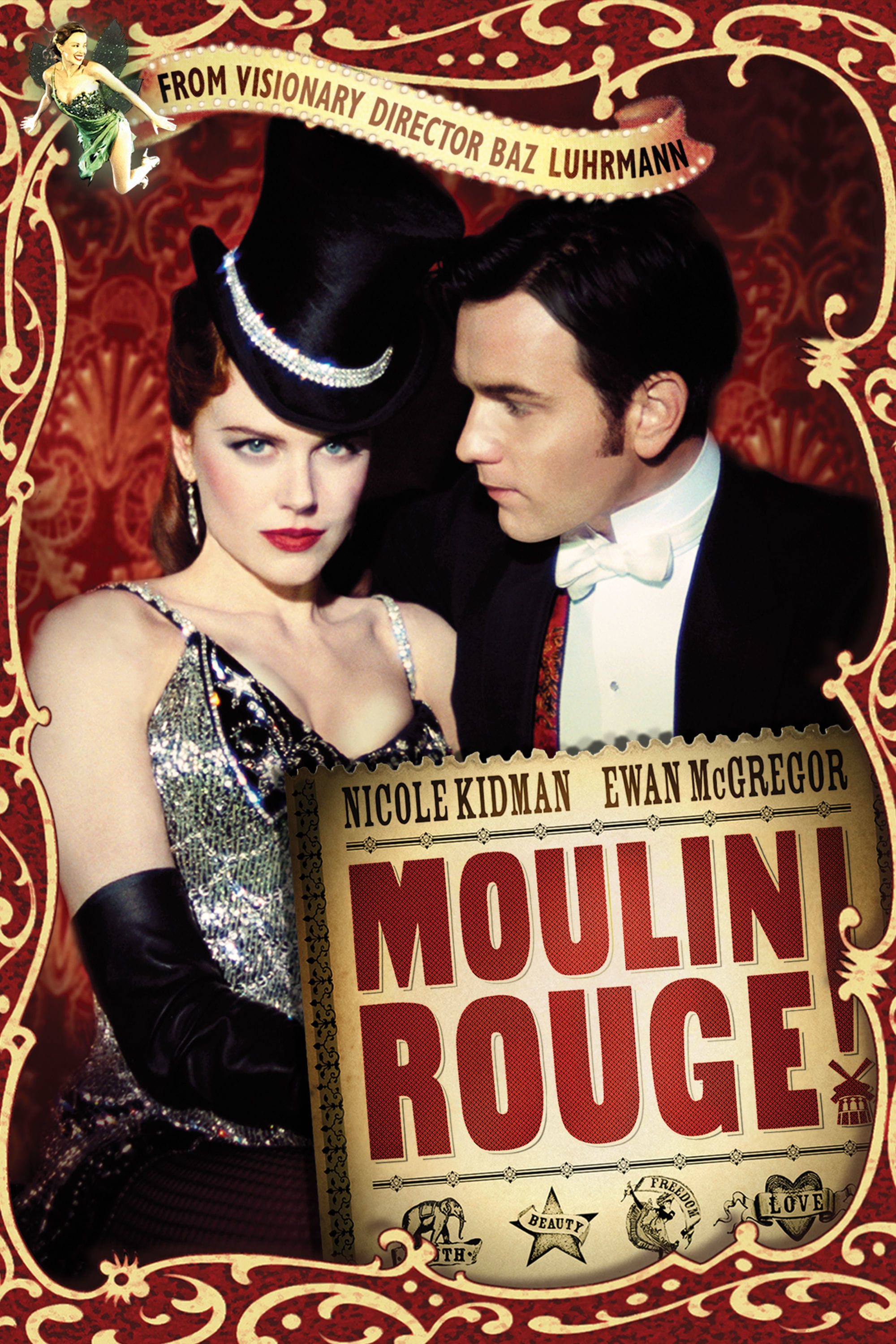
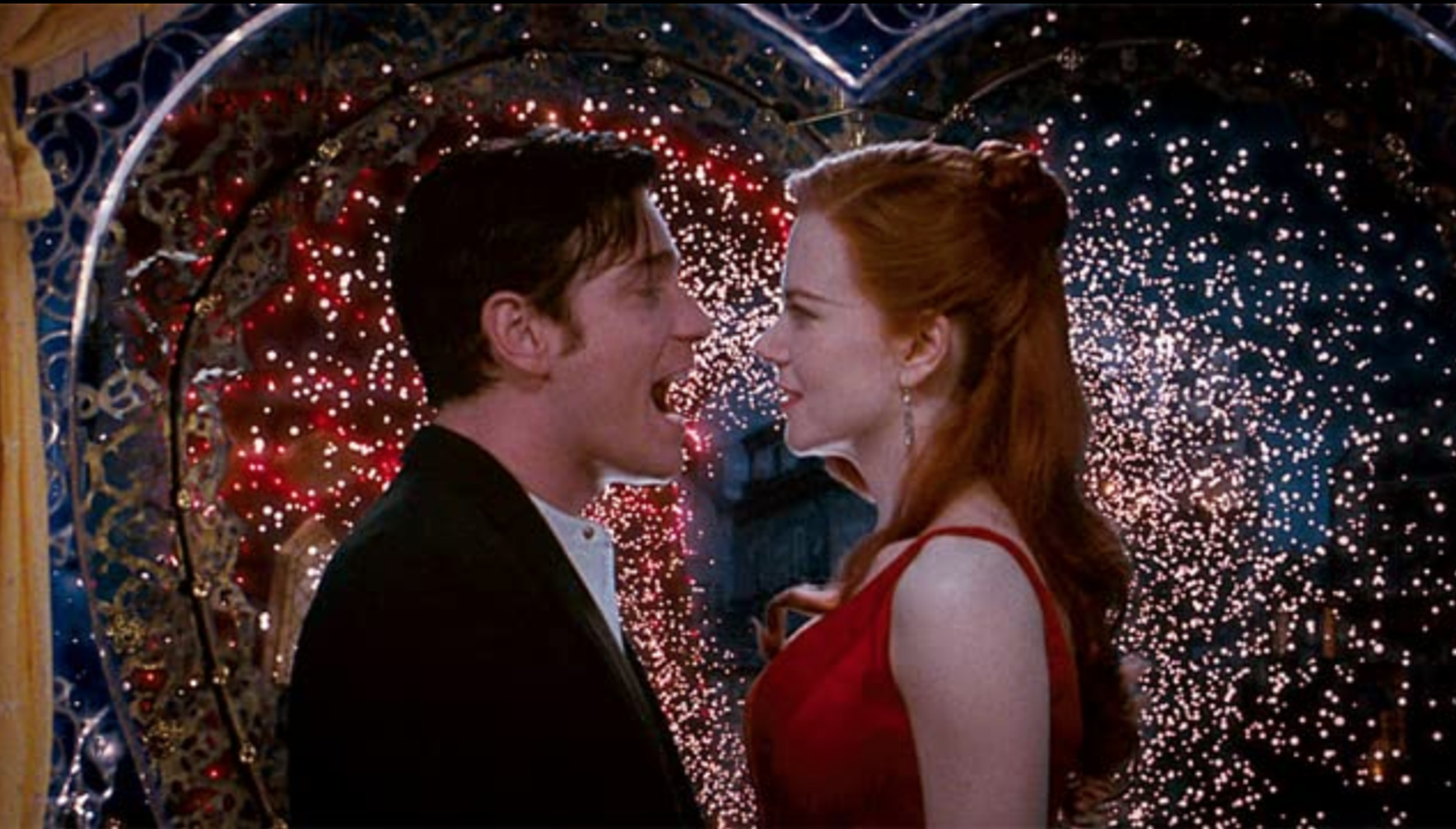






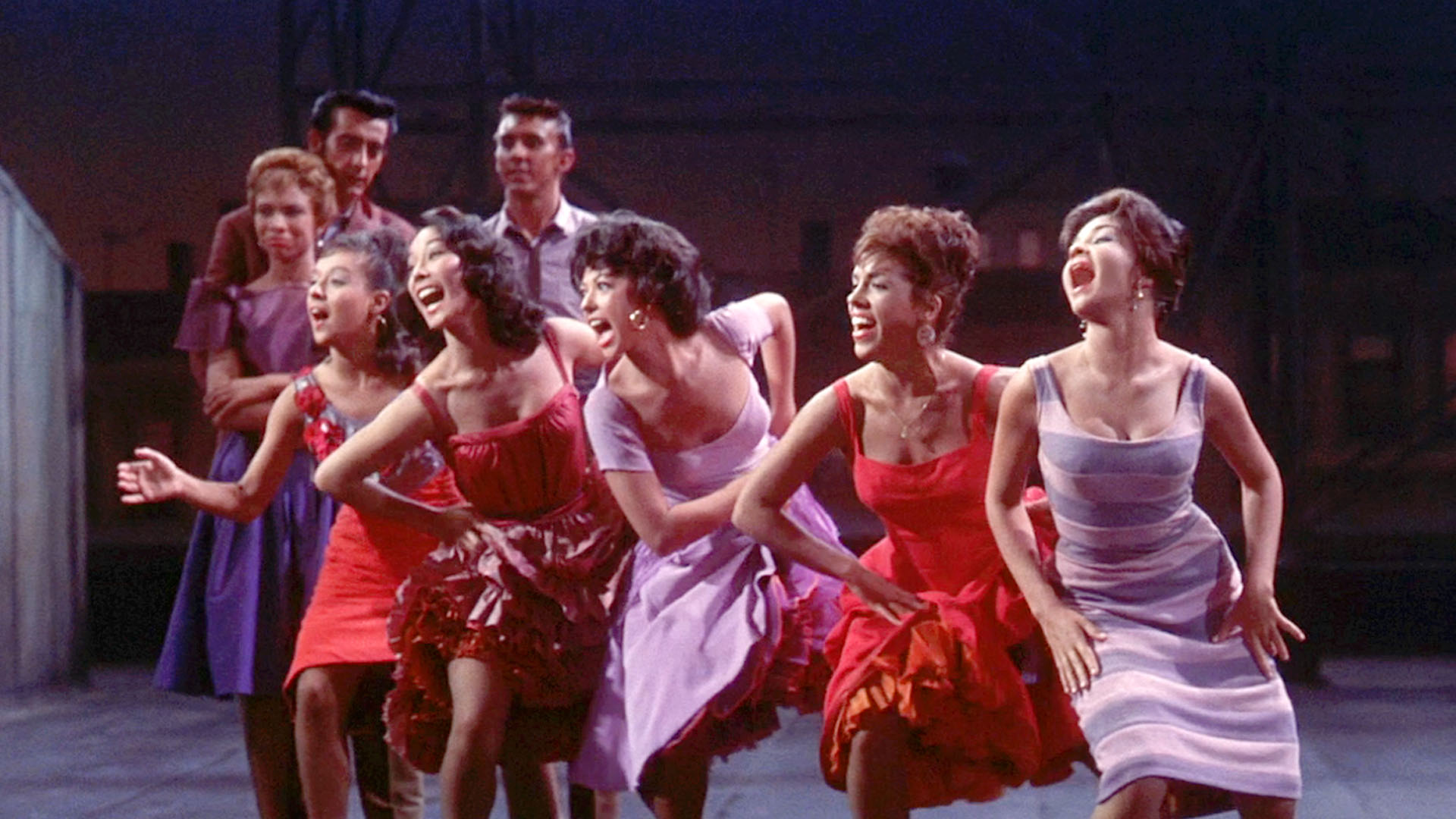
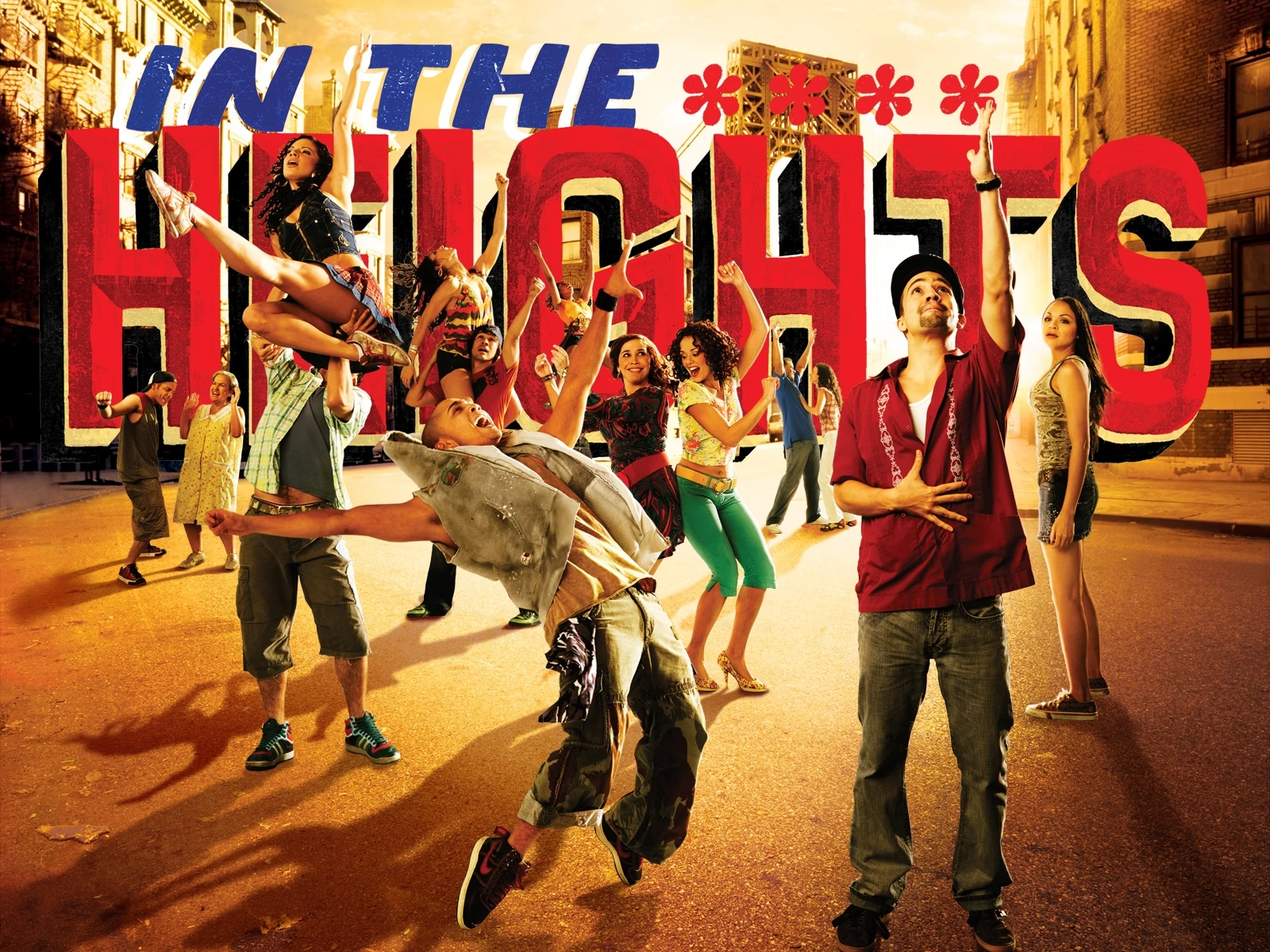


![Sweeney Todd: The Demon Barber of Fleet Street [DVD] [2007] - Best Buy](https://pisces.bbystatic.com/image2/BestBuy_US/images/products/3304/33042207_so.jpg) In honor of its return to Broadway next month, we will be talking about Sweeney Todd: The Demon Barber of Fleet Street in this edition of Sound Check. With music by Sondheim, Sweeney Todd has seen many Broadway revivals, tours, and international productions since its debut in 1979. Today, we’ll be focusing on Tim Burton’s 2007 film adaptation starring Johnny Depp and Helena Bonham Carter.
In honor of its return to Broadway next month, we will be talking about Sweeney Todd: The Demon Barber of Fleet Street in this edition of Sound Check. With music by Sondheim, Sweeney Todd has seen many Broadway revivals, tours, and international productions since its debut in 1979. Today, we’ll be focusing on Tim Burton’s 2007 film adaptation starring Johnny Depp and Helena Bonham Carter.
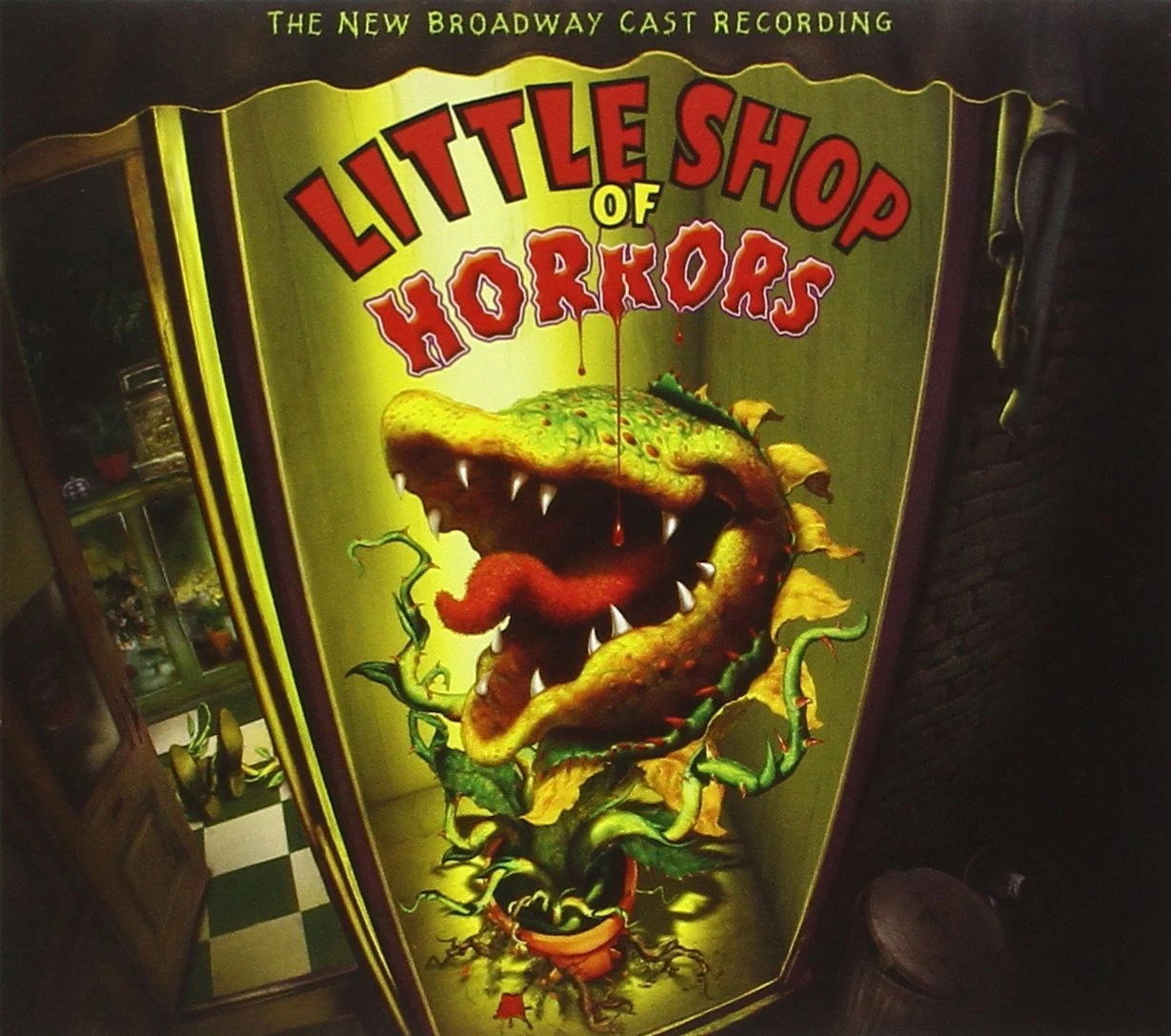




 This show has a special place in my heart since it was the first musical I ever really enjoyed. I still haven’t seen it live–and now it’s sadly closing on Broadway in a few months–but I’ve seen the 2004 movie several times and watched the pro-shot of the 25th anniversary performance when it was streaming on YouTube in 2020.
This show has a special place in my heart since it was the first musical I ever really enjoyed. I still haven’t seen it live–and now it’s sadly closing on Broadway in a few months–but I’ve seen the 2004 movie several times and watched the pro-shot of the 25th anniversary performance when it was streaming on YouTube in 2020. where they sing that song everyone knows and he says she will be his voice (as told by my favorite lyric: “I am the mask you wear, it’s me they hear.”) Then, the Phantom starts to wreak havoc on the opera. He possesses the ex-soprano’s voice, hangs a stagehand, and causes the chandelier to crash during a performance. This is all in Act I ONLY. Act II starts with a masquerade ball followed by the unfolding of the jealous Phantom’s plan to perform with Christine (who is now engaged to Raoul) in an opera he wrote and forces the opera the perform. During the performance, Christine realizes it is the Phantom singing with her and takes off his mask in front of the audience, revealing his disfigured face. Chaos ensues, and Phantom takes Christine down to his lair again. In his lair, Raoul comes to save Christine, and Phantom tells her to choose between him and Raoul. She kisses the Phantom and he is so inspired by her graciousness that he lets her go. It makes a lot more sense in context.
where they sing that song everyone knows and he says she will be his voice (as told by my favorite lyric: “I am the mask you wear, it’s me they hear.”) Then, the Phantom starts to wreak havoc on the opera. He possesses the ex-soprano’s voice, hangs a stagehand, and causes the chandelier to crash during a performance. This is all in Act I ONLY. Act II starts with a masquerade ball followed by the unfolding of the jealous Phantom’s plan to perform with Christine (who is now engaged to Raoul) in an opera he wrote and forces the opera the perform. During the performance, Christine realizes it is the Phantom singing with her and takes off his mask in front of the audience, revealing his disfigured face. Chaos ensues, and Phantom takes Christine down to his lair again. In his lair, Raoul comes to save Christine, and Phantom tells her to choose between him and Raoul. She kisses the Phantom and he is so inspired by her graciousness that he lets her go. It makes a lot more sense in context.
 adopted daughter Frankie who doesn’t feel like she is accepted by her family. As the show progresses, the main plot reveals itself: Frankie’s friend is r*ped at a party, which causes Mary Jane to reconcile with her past trauma involving r*pe. There’s a protest in the end directed at no one in particular. On top of all this, there are subplots involving sexual orientation and gender identity. It seems like Diablo Cody (who wrote the book for the show; also known for the movies Juno and Jennifer’s Body which makes a lot of sense if you’re familiar with either) tried to cram every possible relatable issue into a show and connect it with Alanis Morisette songs. The script isn’t terribly written, but it transitions awkwardly between scenes, and paired with ill-fitting hip hop choreography and a set made of clunky screen animations, it leaves much to be desired–especially when the source material is so highly acclaimed.
adopted daughter Frankie who doesn’t feel like she is accepted by her family. As the show progresses, the main plot reveals itself: Frankie’s friend is r*ped at a party, which causes Mary Jane to reconcile with her past trauma involving r*pe. There’s a protest in the end directed at no one in particular. On top of all this, there are subplots involving sexual orientation and gender identity. It seems like Diablo Cody (who wrote the book for the show; also known for the movies Juno and Jennifer’s Body which makes a lot of sense if you’re familiar with either) tried to cram every possible relatable issue into a show and connect it with Alanis Morisette songs. The script isn’t terribly written, but it transitions awkwardly between scenes, and paired with ill-fitting hip hop choreography and a set made of clunky screen animations, it leaves much to be desired–especially when the source material is so highly acclaimed.
